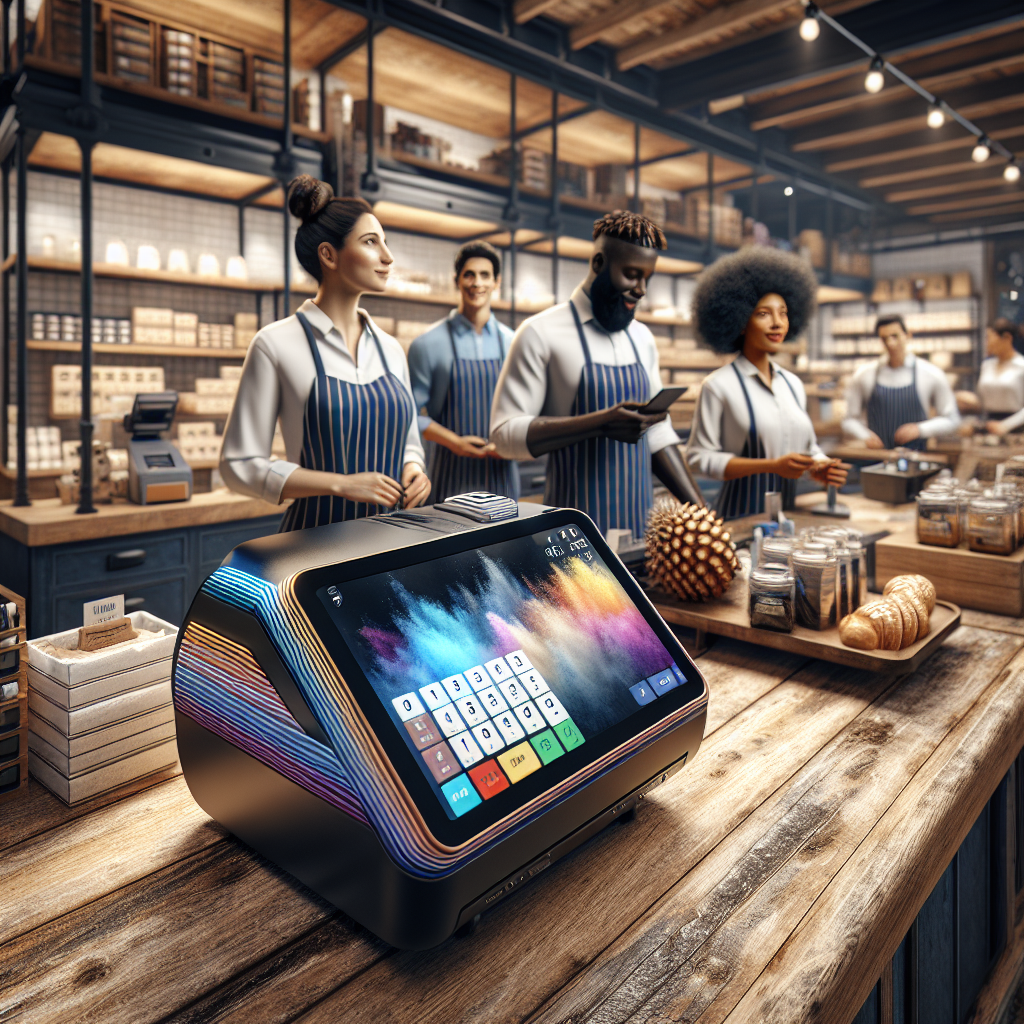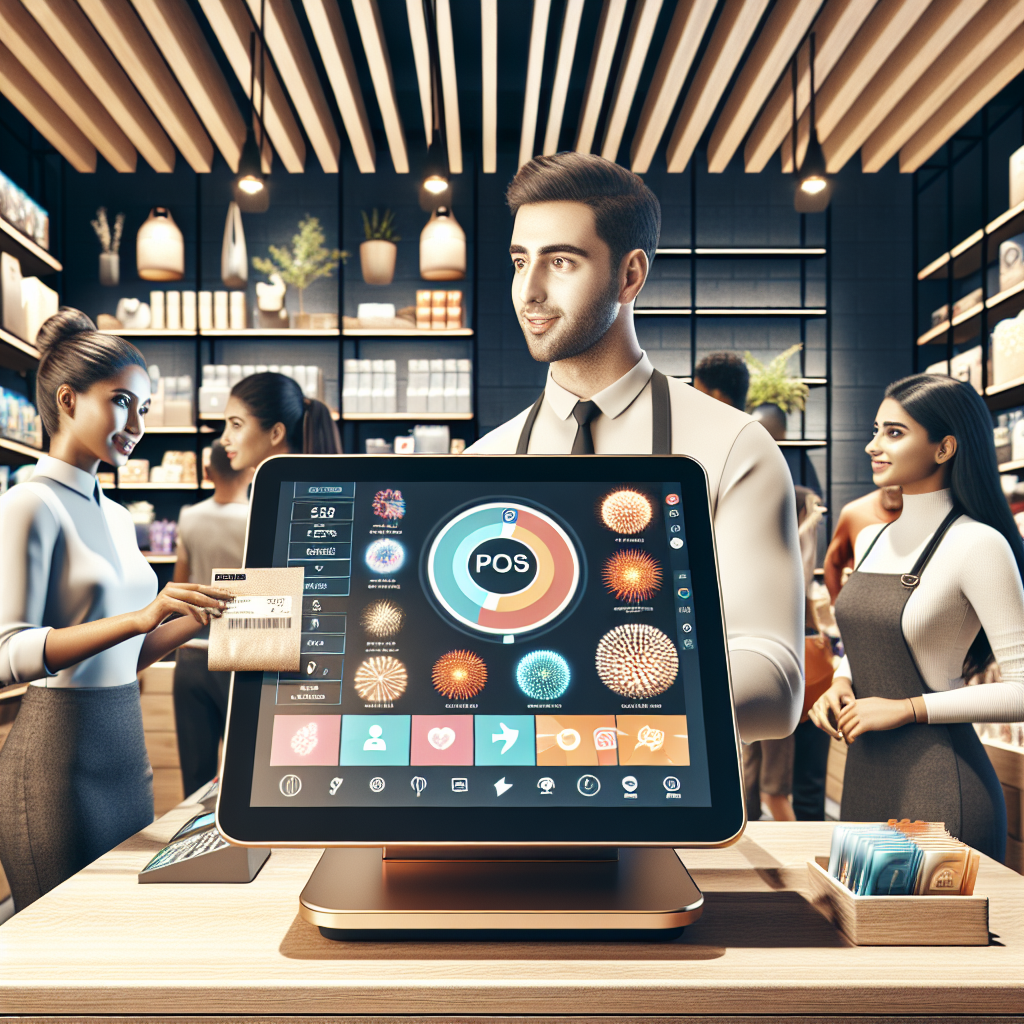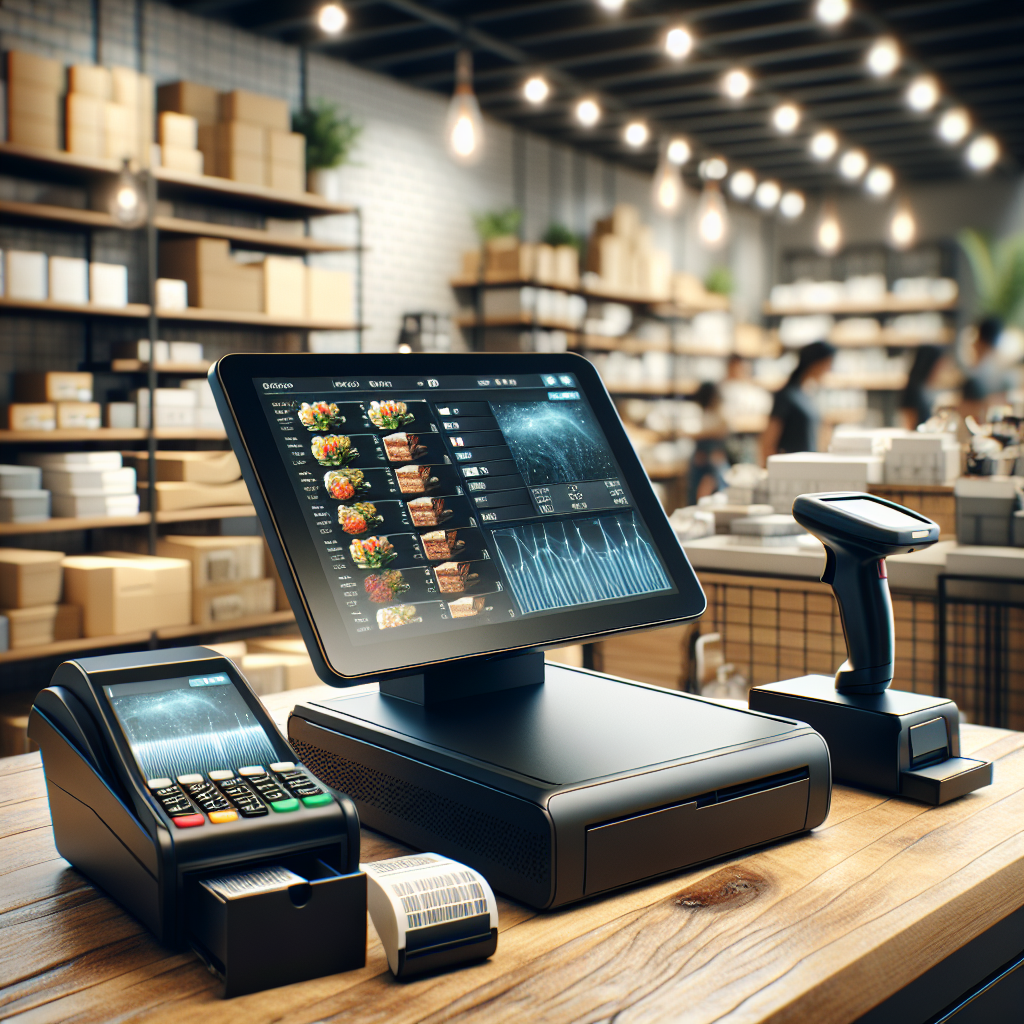In the fast-paced world of retail and hospitality, understanding what POS software means is crucial for your business’s success. Point-of-Sale (POS) software serves as the heart of your operations, integrating various functions that streamline processes and enhance customer experiences. From transaction processing to inventory management, POS systems are designed to provide real-time data and analytics that drive informed decision-making.
By utilizing advanced POS software, businesses can:
- Improve Efficiency: Automate mundane tasks, allowing staff to focus on customer service.
- Enhance Customer Experience: Provide faster checkouts and personalized services that keep customers coming back.
- Gain Insightful Analytics: Access sales reports and customer trends to optimize inventory and marketing strategies.
- Reduce Costs: Lower operational expenses by eliminating errors and improving stock management.
Furthermore, modern POS software often comes equipped with features such as mobile payment acceptance, loyalty programs, and cloud-based solutions, making it a versatile tool for growth. Whether you are a small business or a large enterprise, investing in the right POS software can yield significant returns.
If you’re interested in getting started, contact us at 888-641-8910 or Email us for a tailored solution that meets your business needs.
Key Benefits of Using POS Software

Implementing POS software in your business brings a myriad of benefits that can transform your operational landscape. Here are some of the key advantages that make POS systems an indispensable part of modern businesses:
- Streamlined Operations: POS software automates critical tasks such as sales tracking, inventory management, and reporting, significantly reducing manual labor and the potential for errors.
- Enhanced Customer Experience: With fast and efficient checkout processes, customers enjoy a smoother shopping experience. Features like mobile payments and digital receipts further cater to customer preferences.
- Real-time Data Access: Gain immediate insights into sales trends, inventory levels, and customer behaviors through real-time dashboards, enabling timely decision-making.
- Improved Inventory Management: POS systems help you monitor stock levels, set reorder alerts, and analyze sales patterns, ensuring that you maintain optimal inventory levels.
- Increased Sales Opportunities: By utilizing customer data, businesses can develop targeted promotions and loyalty programs that encourage repeat purchases and enhance customer retention.
Moreover, today’s POS solutions often integrate seamlessly with other business tools, such as accounting software and e-commerce platforms, further streamlining processes across your organization. As a result, the adoption of POS software not only improves operational efficiency but also fosters a more engaging shopping environment for customers.
How POS Software Enhances Customer Experience

The role of POS software in enhancing customer experience cannot be overstated. By integrating advanced technology into the payment process, businesses can create a more seamless and enjoyable shopping environment. Here are several ways POS software elevates the customer experience:
- Faster Transactions: With streamlined checkout processes, customers can complete their purchases quickly, reducing wait times and increasing satisfaction.
- Personalized Service: POS systems allow staff to access customer purchase histories and preferences, enabling them to offer tailored recommendations and promotions.
- Multiple Payment Options: Today’s consumers expect flexibility when it comes to payment. POS software supports various payment methods, including credit cards, mobile wallets, and contactless payments, catering to diverse customer preferences.
- Enhanced Loyalty Programs: Many POS systems include features that facilitate the management of loyalty programs, allowing businesses to reward repeat customers easily and effectively.
- Accurate Receipts: Digital receipts can be sent directly to customers via email or SMS, minimizing paper waste and providing an easy way for customers to track their purchases.
By focusing on these key elements, businesses can significantly enhance the overall shopping experience. A well-implemented POS software solution not only meets the modern consumer’s expectations but also fosters a stronger connection between the brand and its customers, ultimately leading to increased loyalty and repeat business.
Integrating POS Software with Business Operations

Integrating POS software with your business operations is essential for maximizing efficiency and ensuring seamless workflow across various departments. A well-integrated POS system not only simplifies the payment process but also enhances overall business management. Here are some critical aspects of integration:
- Inventory Management: Modern POS systems can automatically update inventory levels with each transaction. This real-time tracking helps prevent stockouts and overstocking, ensuring that your business maintains optimal inventory levels.
- Sales Reporting: By integrating POS software with accounting and reporting tools, businesses can generate comprehensive sales reports. This data-driven approach allows for better financial planning and decision-making.
- Employee Management: POS systems often include features for tracking employee hours, performance metrics, and sales contributions. This capability helps managers optimize staffing and improve employee accountability.
- Customer Relationship Management (CRM): Integration with CRM systems enables businesses to track customer interactions, preferences, and feedback. This insight allows for personalized marketing strategies and improved customer service.
- Multi-Channel Sales: For businesses operating across various platforms—such as online stores and physical locations—integrating POS software helps unify sales data, offering a comprehensive view of performance across channels.
By effectively integrating POS software with existing business operations, companies can streamline processes, improve communication, and enhance productivity. This integration not only leads to operational efficiency but also positions businesses to adapt swiftly to changing market demands.
Choosing the Right POS Software for Your Business
Choosing the right POS software for your business is a critical decision that can significantly impact your operations and customer satisfaction. With a multitude of options available, it’s essential to consider several key factors to ensure you select the system that best meets your needs:
- Business Size and Type: Evaluate the specific requirements of your business, whether it’s a small retail store, a restaurant, or an e-commerce platform. Different industries have unique needs, so ensure the software caters to your niche.
- User-Friendly Interface: A POS system should be intuitive and easy to navigate. A user-friendly interface minimizes training time for employees and speeds up the checkout process, enhancing the customer experience.
- Integration Capabilities: Ensure that the POS software can integrate seamlessly with other systems you currently use, such as accounting software, inventory management, and e-commerce platforms. This will streamline operations and improve data accuracy.
- Customer Support: Reliable customer support is crucial, especially during the initial setup and ongoing operation. Look for providers that offer 24/7 support, as well as comprehensive resources and training materials.
- Cost and Flexibility: Analyze the cost structure, including initial setup fees, monthly subscriptions, and transaction fees. Choose a solution that fits within your budget and offers flexibility for scaling as your business grows.
Taking the time to thoroughly research and assess these factors will help you make an informed decision when selecting POS software that aligns with your business goals and enhances efficiency.
Future Trends in POS Software Technology

The landscape of POS software technology is evolving rapidly, influenced by advancements in technology and changing consumer expectations. Staying ahead of these trends is crucial for businesses aiming to enhance their operational efficiency and customer engagement. Here are some notable future trends to watch:
- Cloud-Based Solutions: As businesses increasingly move to cloud-based systems, POS software is expected to shift towards more flexible, scalable solutions. Cloud technology allows for real-time data access, automatic updates, and reduced IT costs.
- Mobile and Contactless Payments: With the rise in smartphone usage, mobile payment options are becoming a standard expectation among consumers. POS systems that support contactless payments will likely see increased adoption, enhancing convenience and safety.
- Artificial Intelligence and Analytics: AI integration in POS systems will provide businesses with deeper insights into customer behavior, enabling personalized marketing strategies and improved inventory management. Advanced analytics tools will help businesses make data-driven decisions.
- Omni-Channel Capabilities: Today’s consumers shop through multiple channels, and POS systems are evolving to provide a seamless experience across in-store, online, and mobile platforms. This trend will allow businesses to unify their sales approach and improve customer retention.
- Enhanced Security Features: With increasing concerns about data breaches, POS software will focus on incorporating advanced security measures, such as end-to-end encryption and biometric authentication, to protect sensitive customer information.
Keeping an eye on these trends will enable businesses to adapt and thrive in an ever-changing marketplace. If you’re interested in getting started with cutting-edge POS solutions, contact us at 888-641-8910 or Email us for personalized assistance.





